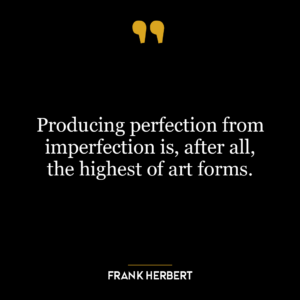This quote suggests that both action and inaction hold significant weight in leadership and setting standards. It implies that every decision, or lack thereof, made by a leader sets a precedent for others to follow.
When a leader takes action, they are directly influencing their environment, setting a clear standard for what is acceptable or expected. For instance, if a manager regularly works late hours, it sends a message to the team that such behavior is the norm, thereby setting a standard.
On the other hand, inaction, or the decision not to do something, can also set a standard. If a leader consistently overlooks poor performance or inappropriate behavior, it might imply that such conduct is acceptable within the organization, thereby setting a negative standard.
In today’s world, this idea is particularly relevant. For instance, in the wake of social movements, many organizations are expected to take a stand. If a company chooses to remain silent (inaction), it might be perceived as being complicit or indifferent, thereby setting a standard that could potentially harm its reputation.
In terms of personal development, this quote can be a reminder that our actions and inactions are constantly observed and interpreted by others. Whether it’s choosing to speak up in a meeting or deciding not to engage in office politics, these decisions shape others’ perceptions of us and set a standard for how we are expected to behave in the future. Therefore, it encourages us to be mindful of our decisions, as they inevitably influence the environment around us.









